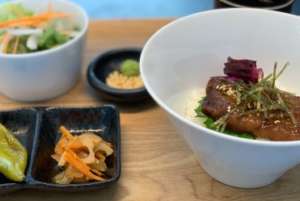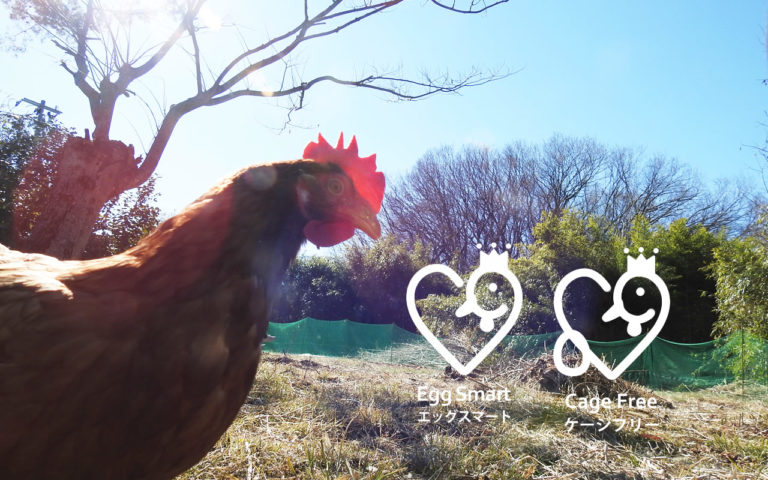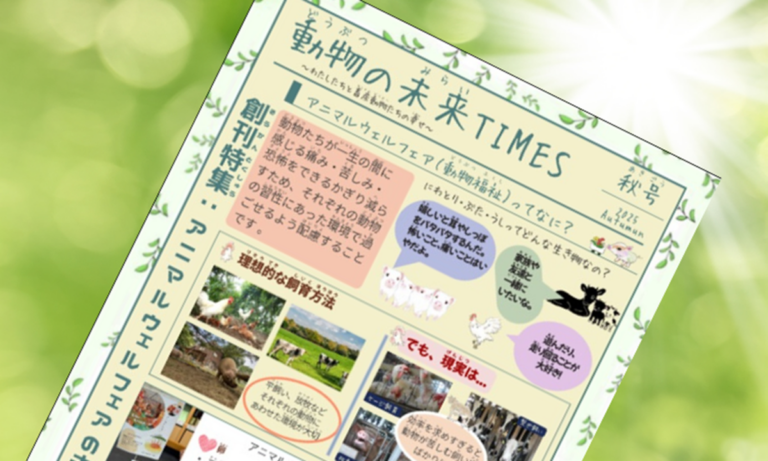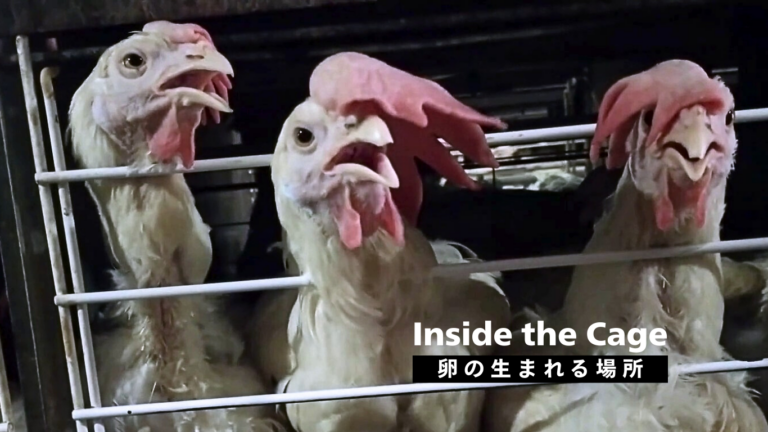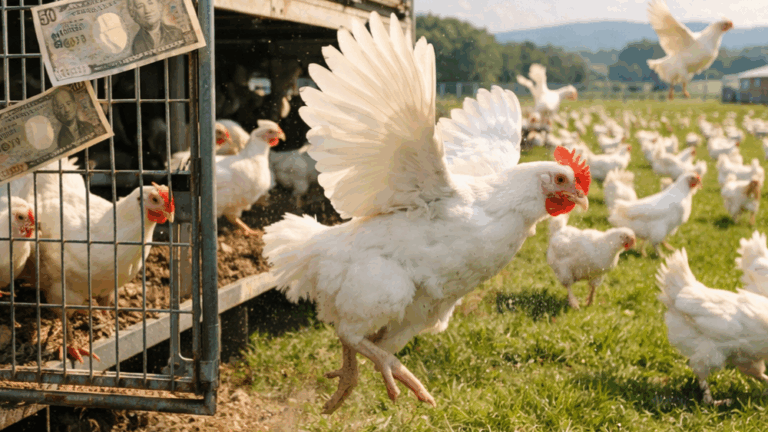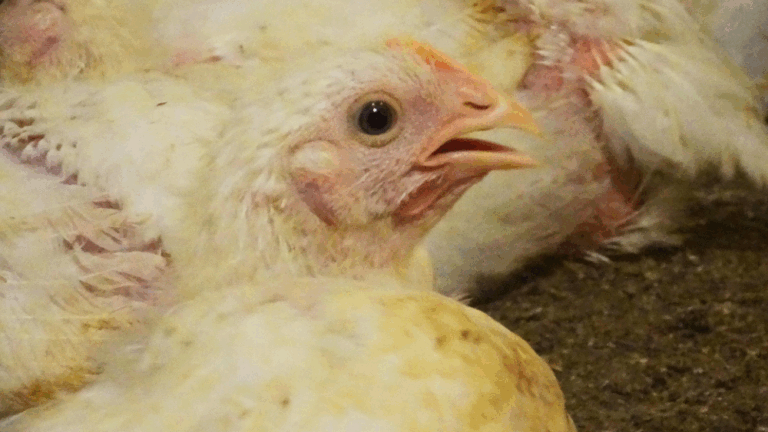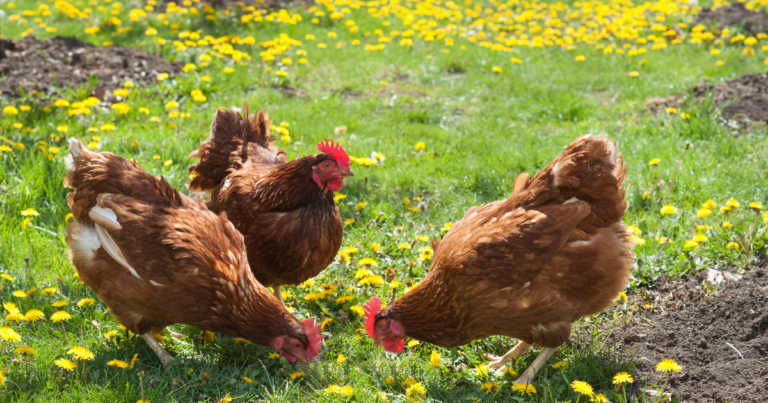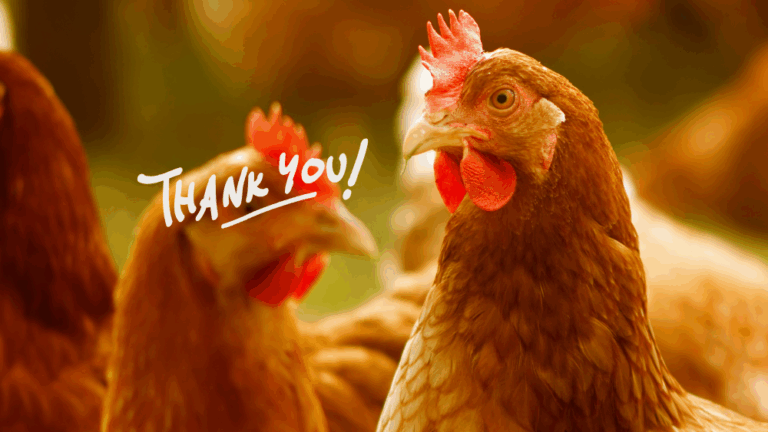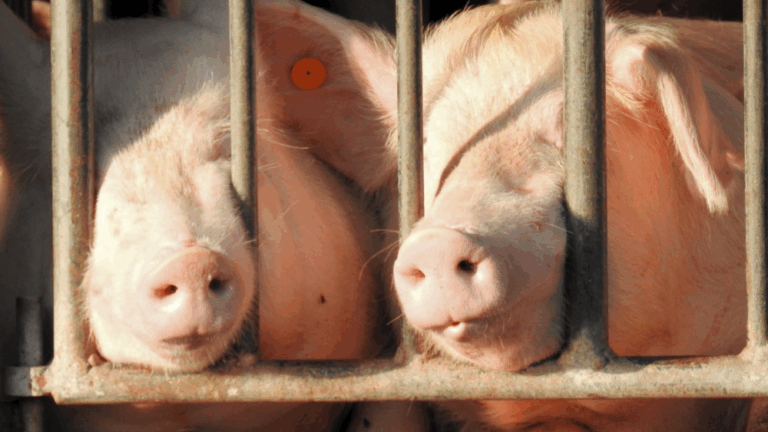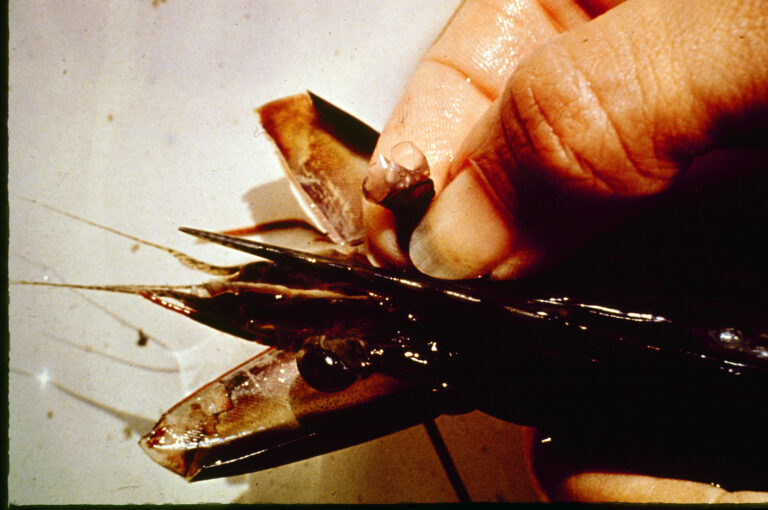Imu Hotel Kyoto and Animal Rights Center Japan have been on the path to cage-free over the past year, with occasional harsh debates. Originally with vegan options and a proven track record of food education events, including animal welfare, the hotel’s restaurant naturally has a deep commitment to ingredients. Initially, the food supplier used by Imu Hotel did not handle cage-free eggs, and there was a big hurdle to achieving cage-free without changing the favors at the restaurant.
For this reason ARCJ introduced some poultry farms in the neighborhood, but it was difficult to get OK from the Imu Hotel side. The price of cage-free eggs that match the chef’s eyes was high, and it was judged that it is economically difficult to switch. In the midst of such a dilemma, the coronavirus outbreak began. As reported daily, a tough era had begun for tourism businesses.

There was a nationwide self-restriction period until the summer, and many hotels were struggling with reduced number of customers. However, Imu Hotel has apparently continued to operate without being seriously damaged. According to the hotel’s analysis, there are still few accommodations that can accommodate vegans and vegetarians even around Kyoto, which is a popular tourist destination, and it seems that demand for Imu Hotel, which has a reputation for vegan options, has not been interrupted. Then, as a wisdom to survive this era, Imu Hotel chose to proceed with the vegan route from now on, and will shift to the direction of expanding menu development that uses as few eggs as possible.
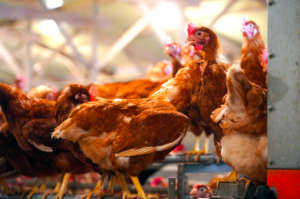
Finally, Imu Hotel has declared Egg Smart & Cage Free by 2027. This is the first double declaration about eggs in Japan. In essence, it is a highly conscious and valuable declaration aiming to be egg free. The decision to stop using eggs when it’s difficult to switch to cage-free eggs for whatever reason has never been more meaningful in terms of reducing animal exploitation. At the Imu Hotel restaurant, the chef will apparently handcraft mayonnaise and other things vegan, but if they still need to use eggs, they’ll use cage-free eggs in the future. At first glance, it may seem that the hurdle is high that Egg Smart and Cage Free complement each other to achieve a higher degree of sustainability, but in fact it is a rational judgment that fits the actual situation in Japan. We believe this trend will eventually become the mainstream in the transition to cage-free eggs. In the case of Imu Hotel Kyoto, it is commendable that they have just made a decision and began their efforts.
Travelers from different backgrounds and diets gather at hotels. Imu Hotel’s sustainable restaurant management has a future, as it has decided to create a place where people who avoid eggs and those who choose cage-free eggs for animal welfare can eat together. Imu Hotel plans to meet customers’ requests with regular food and vegan menu side by side for a while, but “VEGAN eel mabushi” (fake-eel rice bowl), which does not use animal products, is a popular breakfast menu. At night, you can enjoy a vegan course meal.
